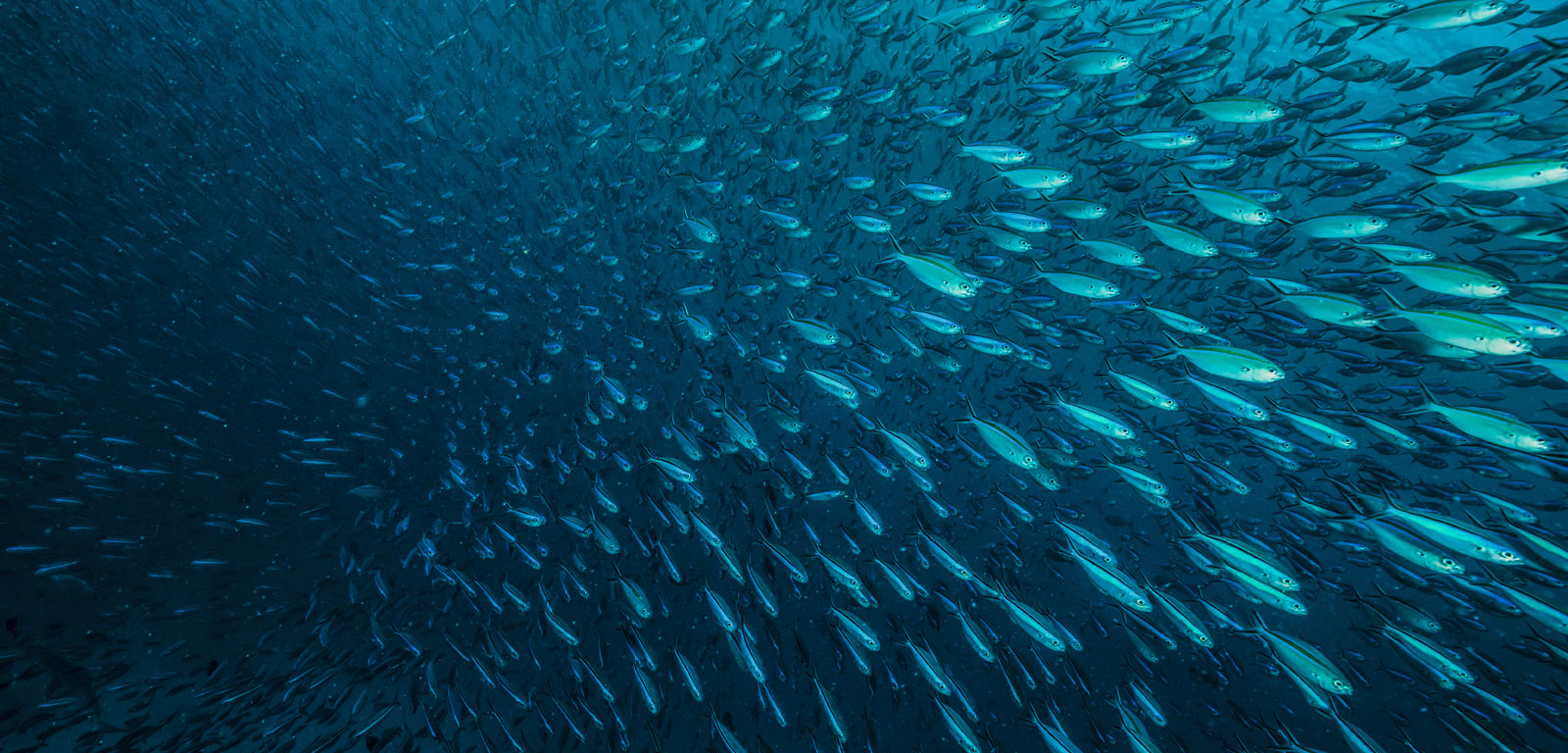Competencies
- Be able to choose the appropriate statistical models for different sets of variables related to the marine environment with complex interactions between them, while using the appropriate statistical analysis software.
- Be able to communicate the knowledge and findings of the research to scientific and non-scientific audiences.
- Be able to design and analyse marine science experiments, with an emphasis on deep understanding of the most important statistical methods.
- Be able to design programmes for the purpose of biomonitoring and carrying out systematic observation of the marine environment. Additionally, they shall forward the said programmes to agencies and bodies in charge of natural environment management.
- Be able to design sampling plans for different marine environments that address different scales of spatial and temporal variability.
- Be able to find, manage, integrate, elaborate and produce information and data from different sources and databases on the marine environment, while integrating the same in new analyses with own data, and generating reports for the supervisors and other scientists.
- Be able to identify problems in the populations and stocks of marine organisms, evaluate their viability and propose corrective measures for their proper management.
- Be able to plan, organise and write a scientific article as well as manage the process of submission and review in the specialised journals.
- Be able to produce, represent and interpret cartography and graphs of physicochemical and biological variables of the sea.
- Be able to work in teams for the marine environment.
- Be able to work with a variety of graph drawing tools and prepare different types of presentations of own work on marine environment and biological resources to target different audiences.
- Effectively apply different monitoring methods in benthic, pelagic or aquaculture marine environments, while understanding the limitations of each method.
- Have an advanced-level understanding of the aquatic marine biogeochemical cycles, the relationships between them and the consequences of their interactions and temporal alterations on the biodiversity of biological resources.
- Independently access the scientific literature from the database, with the perspective required to be a research scientist, such as being able to write an updated review based on the literature.
- Manage programmes for the geographic data representation of marine and coastal areas, including the search, screening and critical analysis of the data itself.
- Poseer la capacidad de examinar inquietudes sociales, ambientales y políticas y, en consecuencia aplicar el método científico para hacer coincidir estas demandas con desafíos y oportunidades científicas.
- Poseer la capacidad para integrarse o liderar equipos multidisciplinarios que reflejan la amplitud del campo de las ciencias marinas y la variedad de roles profesionales.
- Poseer los conocimientos necesarios para comprender e interpretar la biología, ecología y reproducción de organismos marinos para su potencial aplicación a su producción en acuicultura sostenible.
- Possess a broad and interdisciplinary scientific knowledge on biodiversity, conservation, restoration and utilisation of biological resources in the marine environment.
- Possess specific practical capabilities, such as determining the DNA of invertebrates and algae, in the fields related to the marine biological resources.
- Possess the ability to solve problems to obtain an independent and responsible job as a scientist and/or marine biologist.
- Possess the knowledge required to calculate and interpret the biodiversity of the organisms, their morphological adaptations and their roles in the marine ecosystem.
- Possess the knowledge required to understand the key processes that structure marine communities and guide their dynamics.
- Possess the knowledge required to understand, interpret, apply, design and implement the assessments of environmental impact on the marine environment, including alternative proposals for execution and, where appropriate, for restoration if necessary.
- Ser capaz de abordar la resolución de problemas para formular y probar hipótesis, para diseñar protocolos de investigación y para recopilar, analizar e interpretar datos.
- Ser capaz de acceder, analizar e interpretar información científica.
- Ser capaz de aplicar conceptos teóricos y prácticos apropiados en un contexto profesional y, cuando sea necesario, identificar y utilizar oportunidades para el desarrollo profesional continuo en respuesta a técnicas emergentes, conocimientos y desafíos.
- Ser capaz de comunicarse con otros compañeros, con actores interesados en los problemas abordados, y con el público en general sobre conceptos científicos e investigación.
- Understand applied activities and their impact with regards to the sustainable development of the marine environment.
- Understand the concepts of ocean governance, marine spatial planning and sustainability, all directed towards the management of marine resources.
- Understand the population biology of the marine organisms with different life histories, while being able to relate these life histories with their population dynamics and with intraspecific and interspecific interactions.
- Use the English language as the medium of communication for learning related to the marine environment.
- Use the local language and expressions as the medium of communication for the dissemination of scientific knowledge on the marine environment, to the general public, as well as to the supervisors and other important bodies.
It was not possible to load the content, please try again later. In case the problem persists contact CAU (Phone: 916014400 / E-mail: cau@ehu.eus / Website: https://lagun.ehu.eus).


